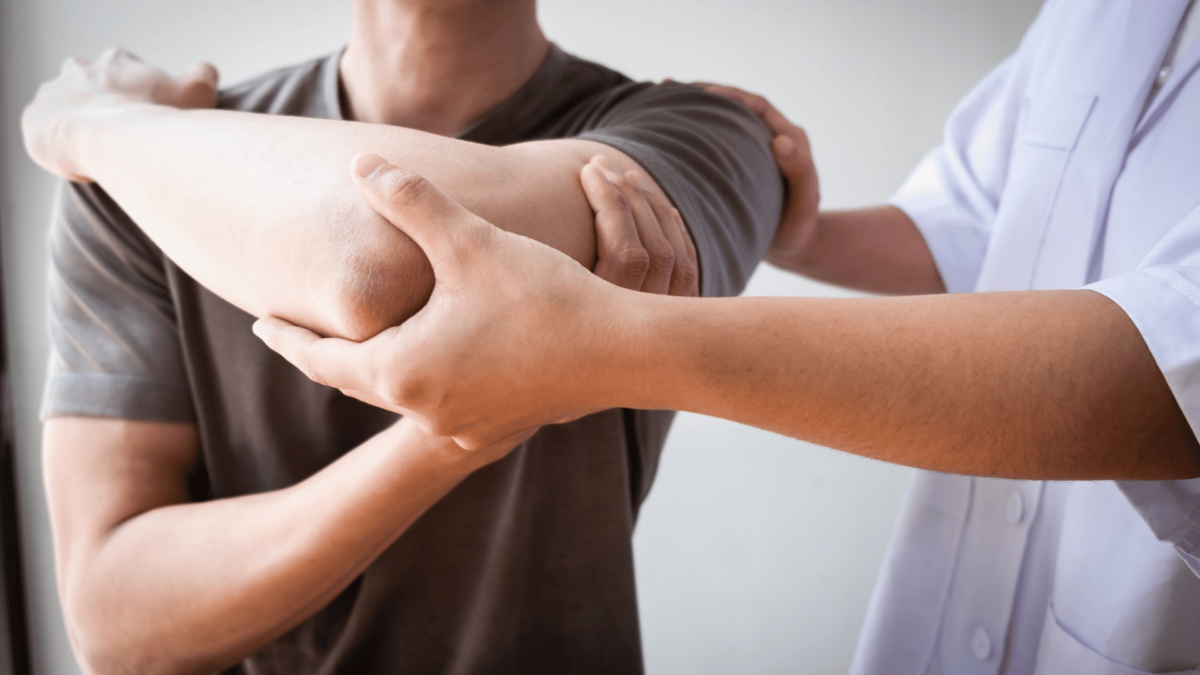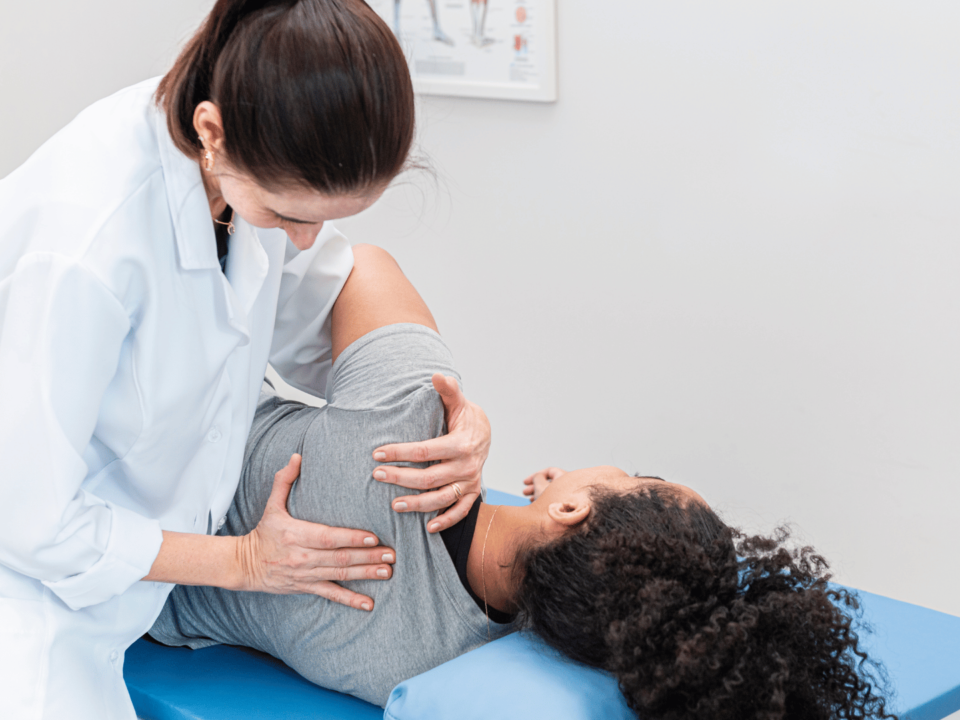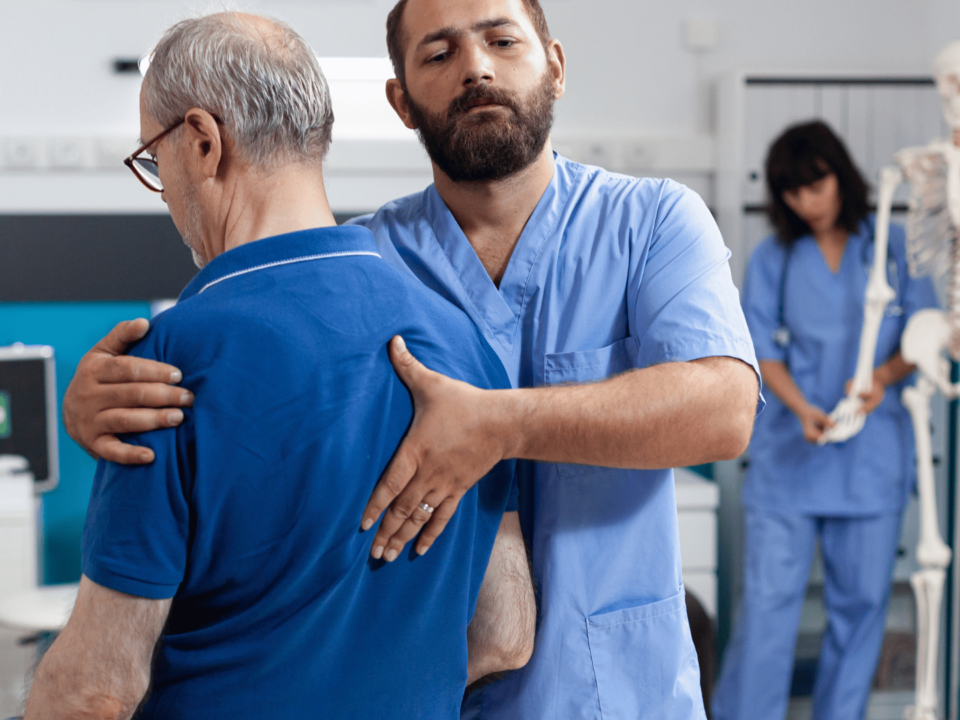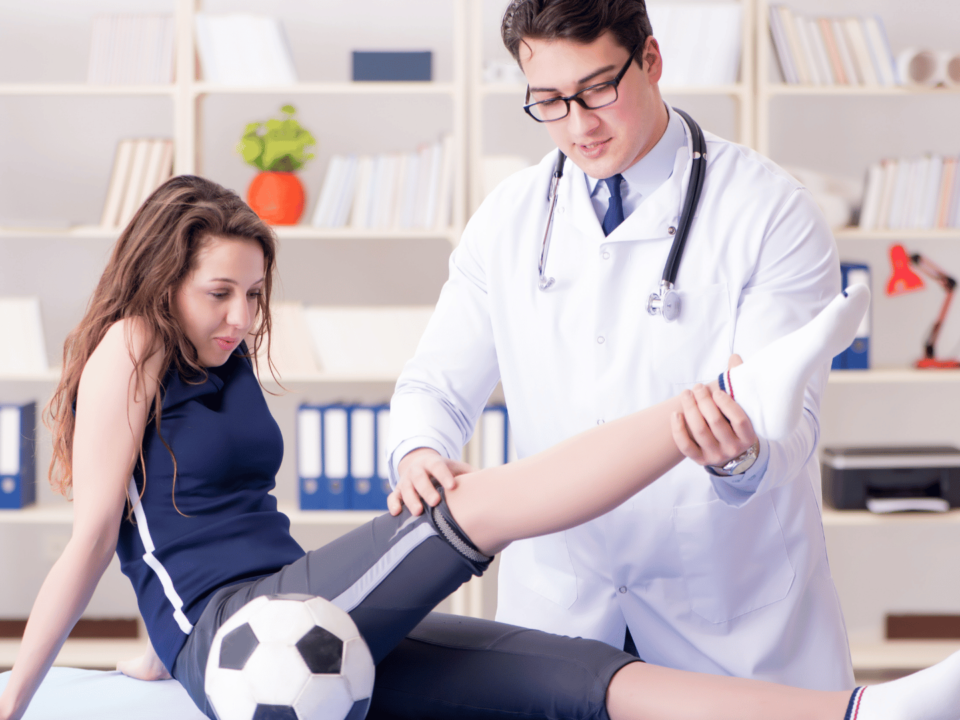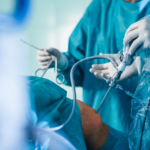
Orthopedic Surgeon Near Me | How to Find Expert Care for Your Bones and Joints
February 10, 2025
Finding the Best Shoulder Doctor Near Me: What You Need to Know
March 5, 2025If your shoulder pain has begun interfering with everyday tasks—like reaching for items on a high shelf, carrying groceries, or even sleeping comfortably—it may be time to consult a rotator cuff surgeon. The rotator cuff, a group of tendons and muscles that stabilize the shoulder, is critical for nearly every arm movement. Whether you’re an athlete dealing with an overuse injury or experiencing age-related wear and tear, finding the right specialist is key to a safe and successful recovery. In this blog post “Rotator Cuff Surgeon Near Me”, we’ll explore why you might need a rotator cuff surgeon near you, what to look for in a specialist, and what to expect from diagnosis through rehabilitation.
Take the first step toward lasting relief: book your rotator cuff consultation now
1. Why Seek a Rotator Cuff Surgeon?
Targeted Expertise
A general orthopedic surgeon is trained to handle a broad range of musculoskeletal issues, but a surgeon specializing in rotator cuff repairs focuses on one of the most complex and delicate parts of the body. This specialized knowledge often translates into higher success rates and more tailored rehabilitation protocols.
Minimized Disruption
Shoulder injuries can greatly limit your range of motion and reduce your capacity to perform daily tasks. An expert rotator cuff surgeon aims to restore function as safely and quickly as possible, minimizing the overall impact on your life.
Comprehensive Treatment
Depending on the severity of your rotator cuff issue—ranging from tendinitis and minor tears to full-thickness tears—specialists offer both non-surgical and surgical options. Working with a knowledgeable professional ensures you receive the right treatment at the right time.
2. Identifying Rotator Cuff Issues
It’s not always obvious whether your shoulder discomfort is linked to the rotator cuff. Here are a few signs it might be time to investigate:
- Persistent Shoulder Pain: Especially during overhead activities or when lifting objects away from your body.
- Weakness or Limited Motion: Trouble raising your arm, reaching overhead, or rotating the shoulder.
- Nighttime Discomfort: Pain that wakes you up or keeps you from sleeping on one side.
- Clicking or Popping Sensations: Audible or palpable signs of impingement or misalignment within the joint.
If these symptoms last longer than a week or significantly hinder your routine, it’s best to schedule an evaluation with a shoulder specialist.
3. How to Find the Best Rotator Cuff Surgeon Near You
3.1 Referrals and Recommendations
- Primary Care Physician: They can refer you to a trusted local specialist who’s in-network with your insurance.
- Friends and Family: Personal experiences can provide honest feedback on bedside manner, accessibility, and outcomes.
- Physical Therapists: If you’ve received therapy, ask for suggestions. Therapists often collaborate with surgeons and can direct you to high-quality professionals.
3.2 Check Credentials and Experience
- Board Certification: This signifies rigorous training and passing industry-standard exams.
- Subspecialty in Shoulder or Upper Extremity: You’ll benefit from a practitioner who deals with rotator cuff issues on a regular basis.
- Years in Practice: Experience can be an advantage when handling complex or recurrent injuries.
3.3 Read Patient Reviews
Look for consistent patterns in reviews—good or bad. This can shed light on a surgeon’s communication style, surgical results, and office environment. However, individual experiences vary, so focus on themes rather than single, isolated comments.
4. Diagnosis and Pre-Treatment Assessments
When you visit a rotator cuff surgeon, they’ll typically start by conducting a thorough evaluation:
- Medical History
You’ll discuss your symptoms, daily activities, and any past injuries or surgeries. Be clear about when the discomfort began and whether it’s getting worse over time. - Physical Examination
The surgeon may move your arm through a series of motions to gauge range of motion, stability, and pain triggers. - Imaging Studies
- X-Rays: Check for bone spurs or arthritis that may contribute to impingement.
- MRI or Ultrasound: Provide a detailed view of soft tissues, revealing tears or inflammation in the tendons.
- CT Scans: Rarely needed but can offer more detailed information if prior surgeries or complex conditions exist.
Regain your strength and mobility: discover expert rotator cuff treatments near you.
5. Treatment Options
5.1 Non-Surgical Approaches
- Physical Therapy: Targeted exercises for strength and flexibility may relieve mild to moderate rotator cuff problems.
- Medication: Over-the-counter NSAIDs or prescription meds to reduce pain and swelling.
- Steroid Injections: Cortisone can relieve inflammation, allowing you to progress with rehab exercises more comfortably.
- Activity Modifications: Limiting overhead movements, using ergonomic techniques, and adapting workouts.
5.2 Surgical Interventions
If conservative measures fail or imaging confirms a significant tear, you may need surgery. Common procedures include:
- Arthroscopic Repair: A minimally invasive method using small incisions and specialized instruments to reattach torn tendons to the bone.
- Open Surgery: Necessary for larger or more complex tears that require direct access to the joint.
- Shoulder Replacement: In cases of extensive damage or advanced arthritis, partial or total shoulder replacement may be recommended.
6. Recovery and Rehabilitation
Physical Therapy and Exercise
Rehab is critical—often starting within days after surgery or as soon as your surgeon advises. Sessions focus on restoring mobility, improving strength, and gradually increasing load-bearing activities.
Pain Management
You may need medications or icing protocols to manage post-surgical discomfort. Some patients also benefit from nerve blocks or short-term opioid prescriptions under careful supervision.
Gradual Return to Activity
Expect a phased recovery plan. Light daily tasks may resume early, but heavy lifting or sports can take several months. Follow-up appointments ensure your shoulder is healing properly and to make any necessary adjustments to your rehab program.
Rotator Cuff Doctor Near Me : Conclusion
If you’re tired of living with shoulder pain and have ongoing symptoms that won’t subside, it might be time to look for a rotator cuff surgeon near you. From the initial consultation to post-operative rehabilitation, these specialists offer extensive knowledge to diagnose your condition, recommend appropriate treatment, and guide you through the recovery process. With the right help, you can restore shoulder function, reduce pain, and confidently get back to daily activities, sports, or work without worrying about re-injury.
Remember: The quicker you seek evaluation, the better your long-term outlook. Reach out to a local rotator cuff surgeon today to learn how they can help you regain comfort, mobility, and the freedom to move with ease.
FAQ: Rotator Cuff Surgeon Near Me
What does a rotator cuff surgeon specialize in?
A rotator cuff surgeon is typically an orthopedic specialist who focuses on diagnosing and treating issues involving the rotator cuff—the group of muscles and tendons that stabilize your shoulder. They handle everything from impingement and tendinitis to partial or full-thickness tears.
How do I know if my shoulder pain is due to a rotator cuff injury?
Persistent pain when lifting or reaching overhead, a dull ache that worsens at night, weakness in the shoulder, and a crackling or popping sensation may all point to a rotator cuff injury. An orthopedic evaluation with imaging tests (like an MRI) can confirm the diagnosis.
When should I seek a rotator cuff surgeon’s opinion?
If your shoulder pain lasts more than a week, interferes with daily tasks, or if conservative treatments (like rest, ice, and anti-inflammatories) haven’t helped, it’s time to consult a specialist. Early intervention can prevent further damage and speed up recovery.
Do all rotator cuff injuries require surgery?
No. Many mild or moderate injuries respond well to conservative measures such as physical therapy, medication, and corticosteroid injections. Surgery is considered if these methods fail to alleviate symptoms or if imaging shows a large tear that won’t heal on its own.
What should I expect during rotator cuff surgery?
Depending on the severity of the tear, your surgeon may opt for an arthroscopic procedure (which uses smaller incisions and specialized instruments) or open surgery for more extensive damage. Both methods aim to repair and reattach tendons and address any other shoulder damage.
How long is the recovery process?
Recovery times vary based on factors like the size of the tear, surgical technique, and your overall health. Most patients undergo several weeks or months of physical therapy to regain strength, flexibility, and range of motion. Full recovery can range from a few months to a year.
Will my insurance cover rotator cuff surgery?
Most insurance plans cover medically necessary rotator cuff surgery. However, coverage and out-of-pocket costs vary by provider and plan. Always verify with your insurance company and the surgeon’s office to ensure you understand any financial obligations.
How can I prevent future rotator cuff problems?
Maintaining strong shoulder and upper back muscles, using proper lifting techniques, and avoiding repetitive overhead motions can lower your risk of recurrent injuries. Regularly stretching and warming up before physical activities is also important.

